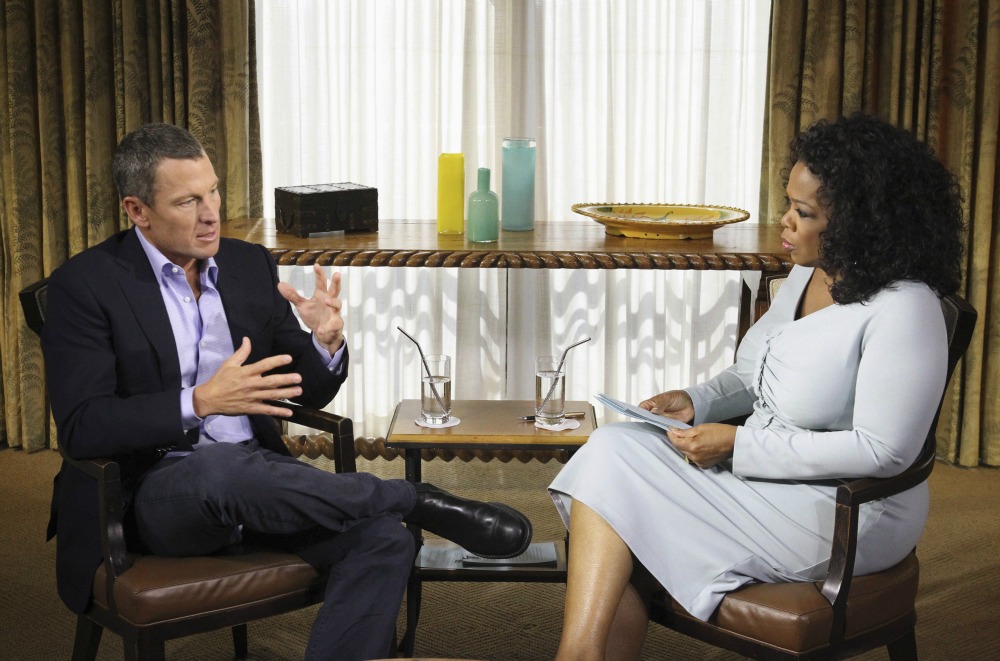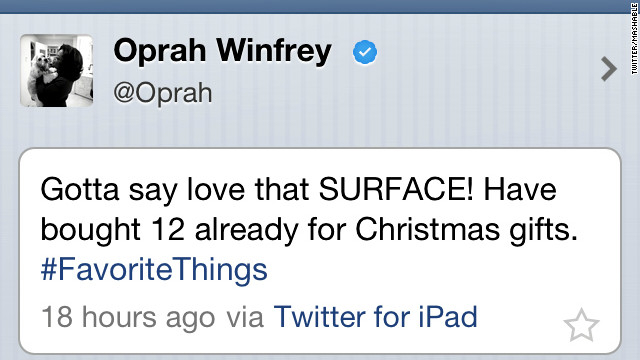Lance Armstrong’s much-touted one-on-one confessional with Oprah, broadcast last Thursday and Friday on the Oprah Winfrey Network (OWN), was a winning performance. Not for Armstrong; for him, the road ahead seems very rocky.
But for Oprah and her namesake network, the sitdown was a breakout accomplishment. You could practically hear the sound of millions of U.S. television remotes searching the upper tiers for the OWN channel. The network reports that tune-in reached 3.2 million viewers for the first night’s interview, followed by an additional million for the repeated airing immediately afterward. Those ratings were topped only by the network’s interview with Whitney Houston’s family following her death last spring.
At last, OWN seems to be gaining momentum.
Oprah’s coup wasn’t just in the “get,” – though it was huge – or even in the ratings. She was widely credited with a skillful interview that stripped away the nonessentials and exposed the ugly lie of Lance Armstrong’s public image. We viewers simply had to sit back and watch it happen, train-wreck style.
Many within the journalist chattering class had set low expectations for Oprah’s session. Some predicted a soft approach like her empathetic on-air treatment of disgraced sprinter Marion Jones; others thought she couldn’t master the political intricacies of the doping investigation.
But Oprah brought it. She led off with a series of yes-or-no questions that established the scope of Armstrong’s doping with quiet drama. Even better, she kept the pressure on, gently, but with a welcome focus not just on Armstrong’s drug use, but on his repeated denials, and his combative moves to litigate against anyone who spoke the truth. My favorite part was her response to his weak attempt at humor.
When Armstrong shared that, yes, he’d tried to ruin Betsy Andreu, calling her “crazy,” and “a bitch,” but “never called her fat,” Oprah leveled him with a flinty gaze. Silence. The joke fell flat.
It’s hard to know what’s next for Lance Armstrong and his brand, but brand Oprah was definitely juiced by the moment. Here’s hoping it can pick up speed in the months ahead.


